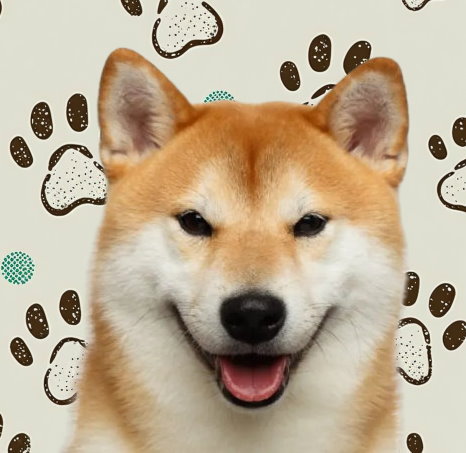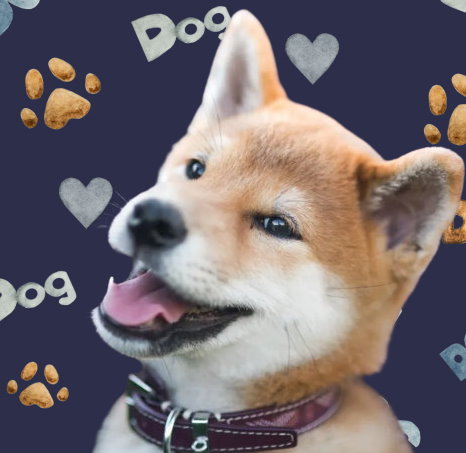Welcome to Dog Training Newbies !
Welcome to Dog Training Newbies !

Shiba Inus, with their spirited personality and fox-like appearance, are beloved by many dog enthusiasts. However, their independent nature can sometimes mask a vulnerability to separation anxiety. Understanding the causes of separation anxiety in Shiba Inus and implementing effective solutions can help ensure your furry friend leads a balanced and content life.
Separation anxiety in Shiba Inus often stems from their strong bond with their owners. Despite their independent demeanor, they thrive on companionship and can become distressed when left alone for extended periods. Changes in routine, such as a new job or moving to a different home, can trigger anxiety. Puppies that were not properly socialized or those with past experiences of abandonment are also more susceptible to this condition.
Recognizing the signs of separation anxiety is crucial for addressing the issue effectively. Shiba Inus may exhibit behaviors like excessive barking, destructive chewing, or attempts to escape. Some dogs might even show signs of depression, such as loss of appetite or lethargy. These behaviors typically occur when the owner is absent and can be challenging to manage without intervention.
Establishing a consistent routine is one of the most effective ways to alleviate separation anxiety. Dogs are creatures of habit and thrive on predictability. Creating a daily schedule for feeding, walks, and playtime can provide a sense of security and help your Shiba Inu feel more stable. This consistency can ease their anxiety and make transitions smoother.
Physical and mental stimulation is essential for keeping your Shiba Inu engaged and reducing anxiety-driven behaviors. Regular exercise, such as walks or play sessions, helps expend energy and promotes relaxation. Mental stimulation through puzzle toys or training exercises can keep their minds occupied and lessen boredom, which often contributes to anxiety.
Gradual desensitization is a proven technique for managing separation anxiety. Start by leaving your Shiba Inu alone for short periods and gradually increase the duration. This approach helps your dog become accustomed to being alone without feeling abandoned. Associating your departures with positive experiences, like offering a special treat or toy, can create a positive association with your absence.
Creating a safe and comforting environment can also help ease your Shiba Inu's anxiety. Designate a cozy area with their bed, favorite toys, and perhaps a piece of your clothing with your scent. This familiar setting can provide comfort and reassurance while you’re away.


In some cases, professional help may be necessary. A dog trainer or behaviorist can offer tailored strategies to address your Shiba Inu's specific needs. They can guide you in implementing effective training techniques and offer support in managing more severe cases of anxiety. Additionally, consulting a veterinarian may be beneficial if medication or supplements are required to support your dog's mental health.
Maintaining a calm and composed demeanor during departures and arrivals is vital for minimizing anxiety. Avoid long, emotional goodbyes or overly enthusiastic greetings, as these can heighten your Shiba Inu's stress. Instead, keep interactions low-key to signal that leaving and returning are routine parts of the day.
Socialization is another important factor in reducing separation anxiety. Regular exposure to different environments, people, and other animals can build your Shiba Inu's confidence and adaptability. Playdates or visits to dog-friendly parks provide valuable social interactions that help your dog feel more secure and less anxious when alone.
Understanding and addressing triggers is essential in managing separation anxiety. Identifying specific situations or changes that increase your Shiba Inu's anxiety allows you to proactively address them. If certain sounds or activities precede your departure, practice them without leaving to desensitize your dog to these cues.
Patience and consistency are key in managing separation anxiety. Progress may be gradual, and setbacks can occur, but maintaining a positive and supportive approach will yield the best results. Building a strong bond with your Shiba Inu through positive experiences and training will enhance their trust and confidence, helping to alleviate anxiety.
In conclusion, separation anxiety in Shiba Inus is a manageable condition with the right approach. By creating a structured environment, providing mental and physical stimulation, and using gradual desensitization techniques, you can help your Shiba Inu feel more secure when left alone. With patience and dedication, you can ensure a happier, more relaxed life for your beloved companion.